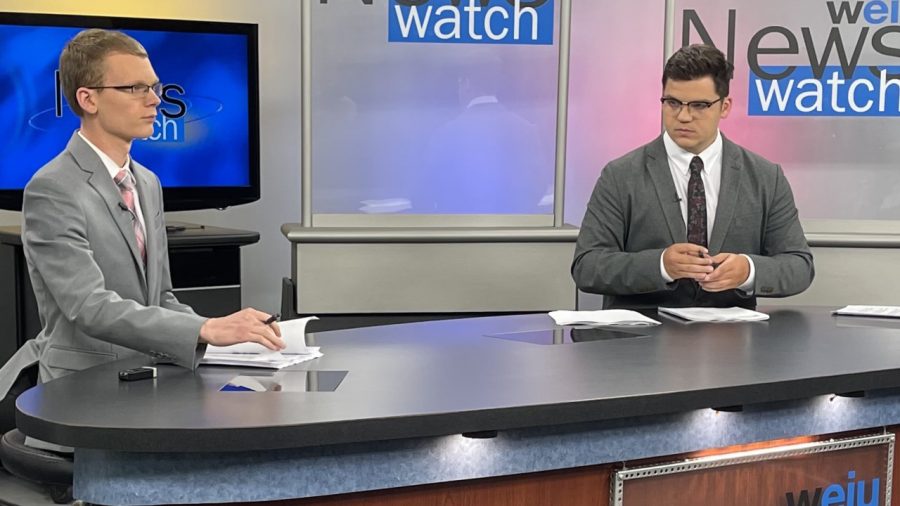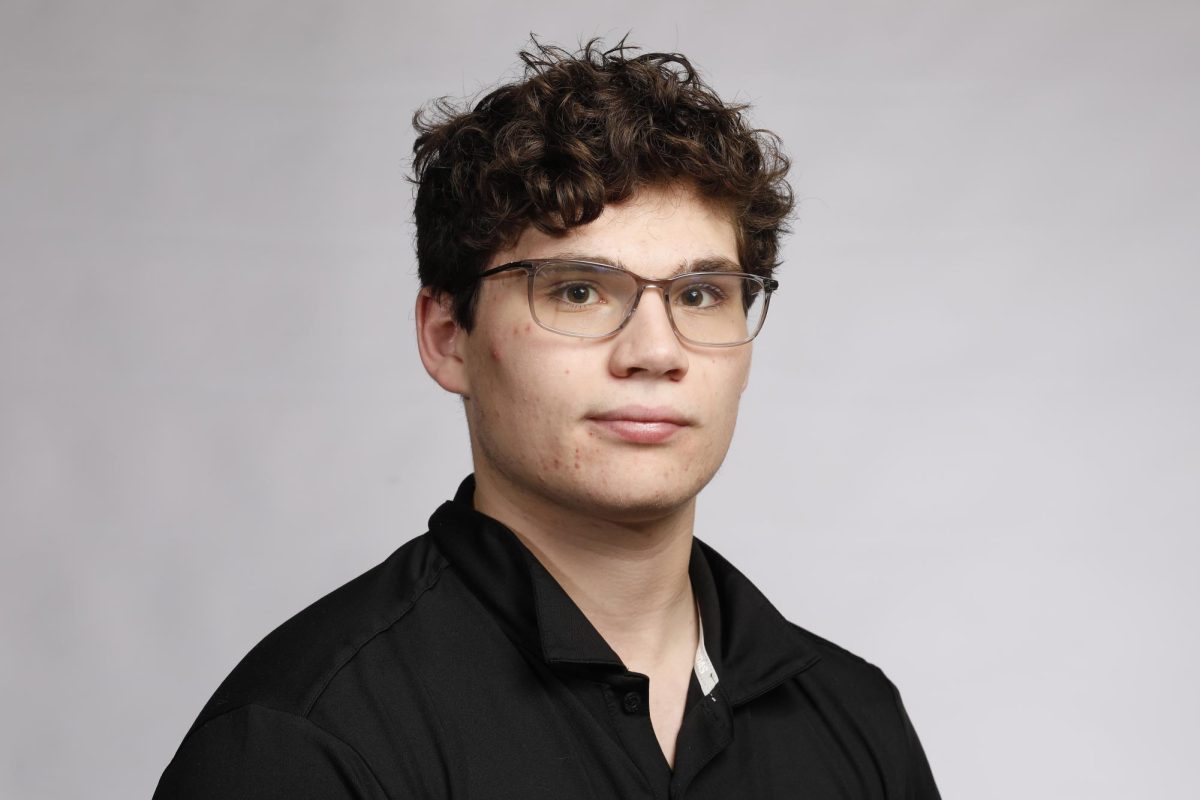Universities push for new capital budget
Gary Reed is unhappy.
Reed, director of facilities planning and management, said there has not been a capital budget to address requested campus needs for more than five years.
Capital money is provided by the state for major repairs, renovations or construction of state buildings.
Reed said the Illinois Board of Higher Education, the legislature and the governor determine the amount of capital money to be distributed to each school during the annual budgeting process, based on the university’s capital requests.
The amount awarded varies each year and is dependent on the individual school’s plans and needs.
“We have capital projects, which have been waiting on funding since 2003,” Reed said. “As we wait, our campus needs keep growing, and the infrastructure supporting our operations continues to deteriorate.”
Reed said universities should be given enough capital money to keep the campus running efficiently and reliably. Money should also be provided to address the needs outlined in the universities’ campus master plans, he said.
To improve the situation, Reed said the General Assembly and the governor need to approve a capital budget immediately.
“President Perry and the administration work closely with our legislators,” Reed said. “Even our students lobby for EIU. The more we can get the message up to Springfield, the better off we will be.”
Reed is not the only person unhappy with universities’ capital money situations.
Dave Steelman, director of governmental affairs at Western Illinois University, said Western has not received capital money for six years.
“I can’t begin to describe, at least from WIU’s perspective, the urgent need that we have for deferred maintenance funding,” Steelman said. “Capital funding is our top priority.”
The chillers have broken down in three buildings at Western; the buildings now have no air conditioning. Without more capital funds, Steelman said the chillers will not be fixed or replaced. If money for the air conditioning is not available by summer, Steelman said the university will face serious problems.
Universities should be provided with at least a solid level of deferred maintenance funding to ensure problems can be fixed, he said.
A group of Western students will travel to Springfield this semester to discuss issues with legislators and other officials. Steelman said capital funding is one of the topics the students will present.
“It’s not sexy, it’s not high-profile – but infrastructure is incredibly important to all institutions, students included,” Steelman said.
Rep. Chapin Rose said while there has not been a capital bill for seven years, the bill that passed is finishing up its spending authorization. Rose said the Doudna Fine Arts Center was part of the bill seven years ago, and the capital money from that bill is still being spent on the project.
Each year, institutions are allotted some money for capital renewal. This money is used for minor repairs – but not major renovations.
A capital bill addresses bigger projects, such as Eastern’s new coal plant, and the life sciences building.
Rose said passing a new capital bill is constantly in discussion, but usually a new bill is passed every five to eight years.
“We would have already had a capital bill in Illinois if it weren’t for the fact that the Governor does not get along with the leadership within his own party,” Rose said. “If the governor and his party leaders could set aside their bickering, this thing could be done and over with. It could have happened two years ago.”
Until a new capital bill is passed, students, faculty and community members should try to get the attention of their local politicians, Rose said.
“Have your parents call your local legislator back home,” Rose said. “Let people know this isn’t just a Charleston or Coles County issue. The impact is statewide because the student population comes from all over the state.”
Barbara Harrington can be reached at 581-7942 or at bjharrington@eiu.edu.



































































